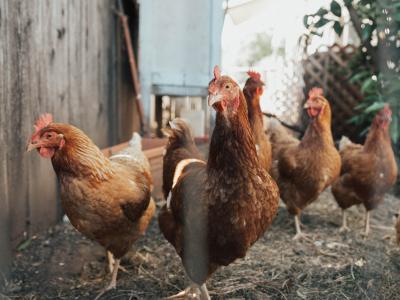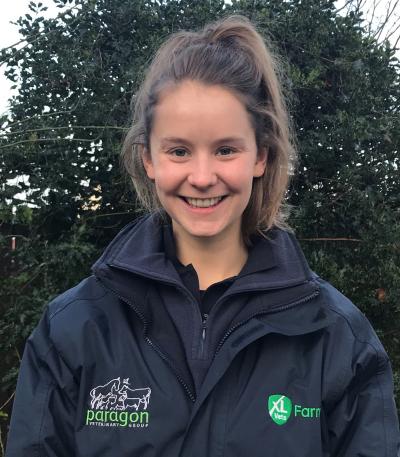
Bird owners are being warned to take precautions and prepare to implement measures to protect flocks following an outbreak of bird flu in South Cumbria and many locations throughout the UK.
The presence of avian influenza (H5N1) was confirmed at a premises in Silecroft, near Millom, over the weekend. The strain present at the site is highly pathogenic avian influenza (HPAI) which is often fatal in birds.
Precautionary measures have been put in place around the affected premises - including a 3km protection zone, a 10km surveillance zone.

Annie Kerr, a vet at Paragon Veterinary Group, in Dalston, said there were a number of precautions bird owners should take in response to the outbreak.
“From Monday 29th November it will be a legal requirement for all bird keepers to keep their birds indoors in order to try and reduce the risk of further outbreaks.” said Annie.
"Bird owners should prepare an inside area with a solid roof away from wild birds. They should minimise any contact with wild birds, for example if you have bird feeders for wild birds then they should be removed so wild birds aren't attracted to the area,” she says.
“If you've got ducks or geese they are less likely to show signs of disease but may still be infectious.”

Owners need to be vigilant and should continue to follow biosecurity and hygiene measures, such as regular handwashing, thorough washing of any feeding or drinking troughs and disinfecting their boots after going outside.
Birds with the disease may be found dead but can also be lethargic, lie down more than normal and have reduced egg production. If bird owners see this happening they should isolate affected birds from the rest of the flock and inform DEFRA on 03000 200 301.
Although those who keep over 50 birds have to register their flock with the government by law, Annie says anyone who keeps birds should also do so in order to receive instructions and support more quickly. If you sell eggs for human consumption then it is also advisable to be registered via the government website.
This can be done by going to: www.gov.uk/government/publications/poultry-including-game-birds-registration-rules-and-forms.
"If you have birds that are always inside (e.g. a pet Parrot), they are unlikely to have contact with wild birds so they are less at risk,” says Annie.
However, owners of birds that are kept inside should still take precautions such as washing their hands and disinfecting footwear to avoid bringing the virus into contact with birds.
If you find dead wild waterfowl (swans, geese or ducks) or other dead wild birds, such as gulls or birds of prey, you should report them to the Defra helpline (03459 33 55 77). Do not touch or pick up any dead or visibly sick wild birds that you find. For more information please visit https://www.gov.uk/guidance/avian-influenza-bird-flu.